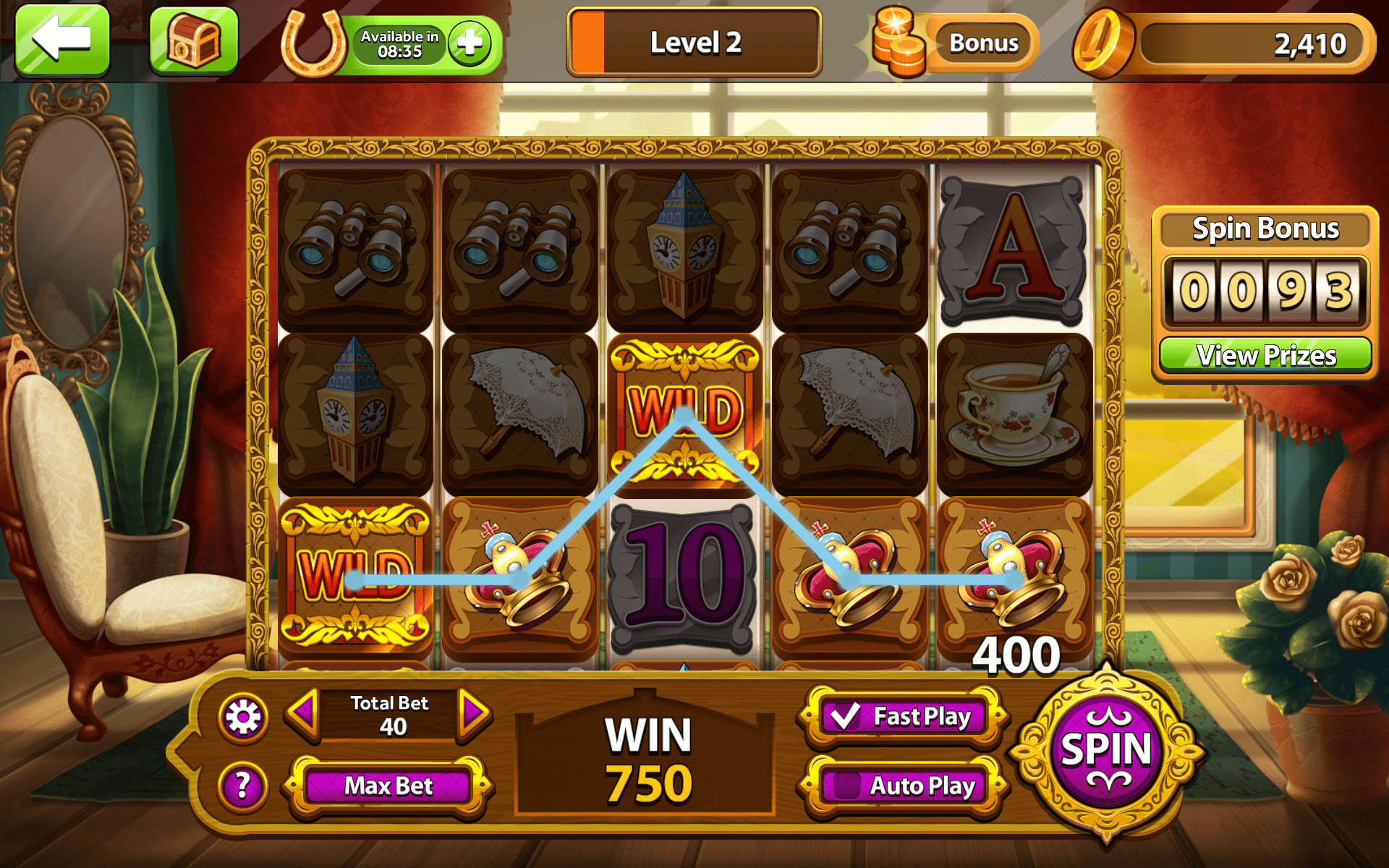


Hoyle bought it and sold ten million decks in two years. But when Trivial Pursuit took off, Random Games & Toys introduced simple decks of cards that offered long lists of questions and answers on each side. But it was Pocket Trivia, in 1984, that really jump-started the company.Īccording to Bob Moog of manufacturer University Games, until the early 1980s companies shied away from games with questions players could answer only once. Random finally licensed its first games in 1979: a “heroic fantasy board game” called Wizard’s Quest, and Poker Royal by Hoyle. We were outsiders in the toy business, and none of us had ever worked for a toy company.” Soon after, Donner’s original partner left. “I agreed to become a partner, but I can’t say I really expected anything to come of it. He and Donner both worked at the Southeast Michigan Council of Governments and took the same commuter train to Detroit–“we played games together on the train and at lunch,” Steer recalls. That’s when Steer, a computer engineer, joined the company. We’ve had several periods when we’ve made a lot of money, followed by very dry spells when we don’t make much.”ĭonner and another partner launched the company in 1974–and ran out of money in 1976. “This is a better job than anyone could possibly imagine,” Steer says–though the business is “feast or famine. Steer not only spends his days and nights playing games, he and Garry Donner invent them under the banner Random Games & Toys.


 0 kommentar(er)
0 kommentar(er)
